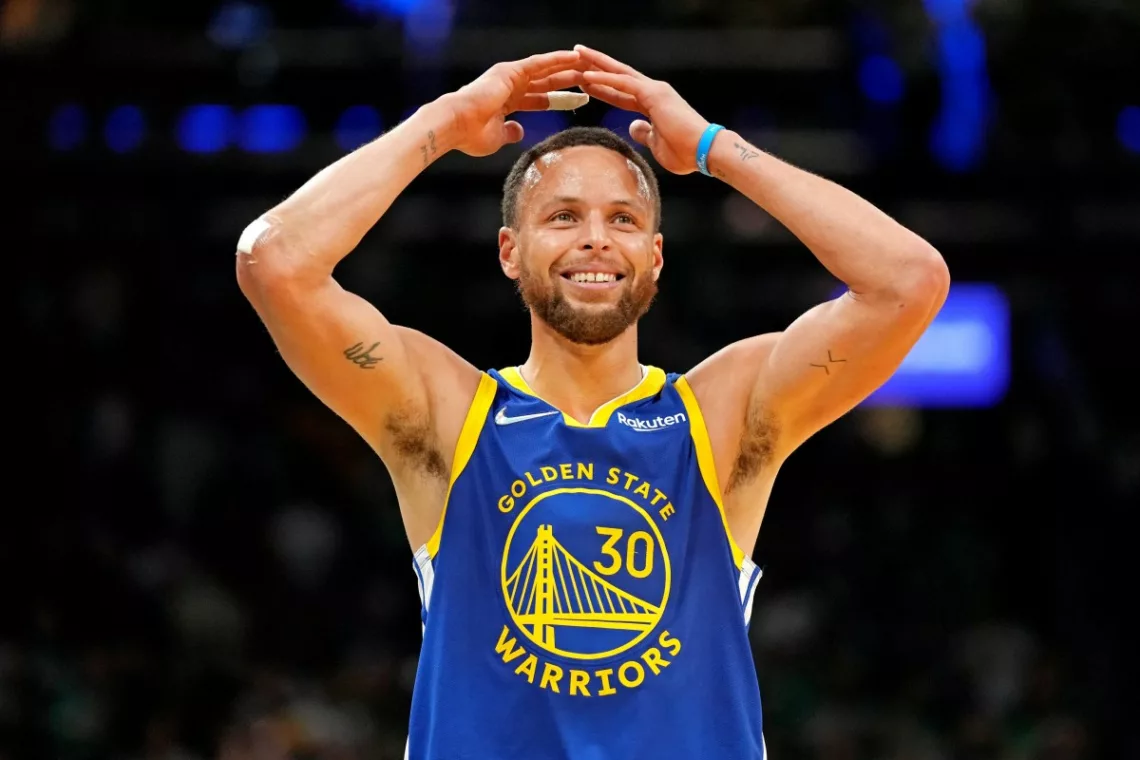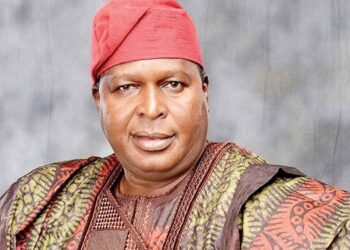Former NBA superstar, J.R. Smith, has lamented wasting millions of dollars he made in active years on designer jackets and jeans.
Smith made millions in the NBA, yet he wishes he had spent his earnings more wisely for the common good.
According to Spotrac data, his estimated earnings while playing in the league amounts to nearly $90 million. Some of which he says was spent on “designer jackets…jeans and book bags” during an interview with the “I Am Athlete” podcast.
Smith aimed to maintain a specific luxury image after leaving Lakewood, NJ, for the league in 2004. The pursuit of an image throughout his 16-season career left him unsatisfied, even after winning a second NBA Championship in 2020 with the Los Angeles Lakers.
Among Smith’s spending habits were trips to strip clubs, dropping thousands of dollars on extravagances, and receiving NBA fines for being tardy.
“I could have fed my whole community 10 times over with the money I was just (paying in fines for being) late on the bus,” Smith explained.
He continued, “You know how many people you can change their\ lifestyle with $10 million in our hood?” Smith said. “We’d rather go throw $60,000 in the strip club…than go feed 2,500 people in the hood.”
In retrospect, he recognises the money could have been better spent by supporting communities in need.
So, when he retired from the league he pivoted his focus to Historically Black Colleges and Universities (HBCUs). As AfroTech previously told you, Smith attends North Carolina A&T State University, the country’s largest HBCU.
CNBC reports his interest in attending the HBCU was to improve Black students’ educational outcomes.
″Athletes make their schools… millions and millions over again… and the $50,000 they donate back changes nothing,” Smith explained. “But the $50,000 to $100,000 you give to HBCUs, it changes lives.”
The extent of Smith’s donations, beyond his tuition, to North Carolina A&T State University is unknown.
Perennial gambler Jordan says he never gambled on NBA
NBA legend, Michael Jordan, has declared that despite his bad gambling habit, he never gambled on the NBA during his active years as world basketball super star.
In his younger days, a man like Michael Jordan is determined to win at all costs, and he once dropped half a million to accomplish this goal.
In Roland Lazenby’s book, “Michael Jordan: The Life,” the author stated that Jordan put down $500,000 while gambling at Connecticut’s Mohegan Sun casino just one night before a basketball match-up.
While this was a large sum of money, his shoe deal with Nike made him wealthy without being dependent on the NBA.
Jordan’s risk did pay off, and he left winning more than $600,000.
“Jordan, down $500,000 at the gambling tables, stayed till the sun came up, and he had won his money back, plus about $600,000 more, all the while unaware that Washington Post writer Michael Leahy was providing a running play-by-play of the event for readers back in D.C.,” Lazenby wrote.
Jordan’s gambling habits have been documented since his high school days.
When he joined the league, his habits only increased with more money to spend. There was a point in time when the NBA had to investigate his activities.
Following the win of Jordan’s third championship with the Chicago Bulls, the NBA started the investigation “to check whether he had violated any league rules,” according to Bleacher Report.
Four months into the investigation, Jordan had announced his retirement from the NBA. Within days of Jordan’s shocking announcement, the league had concluded that Jordan had committed no wrongdoing and dropped the investigation, the outlet reported.
“I never bet on games. I only bet on myself, and that was golf,” Jordan said, according to Los Angeles Times. “Do I like to play blackjack? Yeah, I like playing blackjack. There’s no laws with that. The league did call me, and they asked me questions about it, and I told them exactly what was happening.”
Jordan also said he never felt like he had a gambling problem, but he acknowledged that he was competitive.
“I could stop gambling. I have a competition problem, a competitive problem,” Jordan said, based on the Los Angeles Times report.





